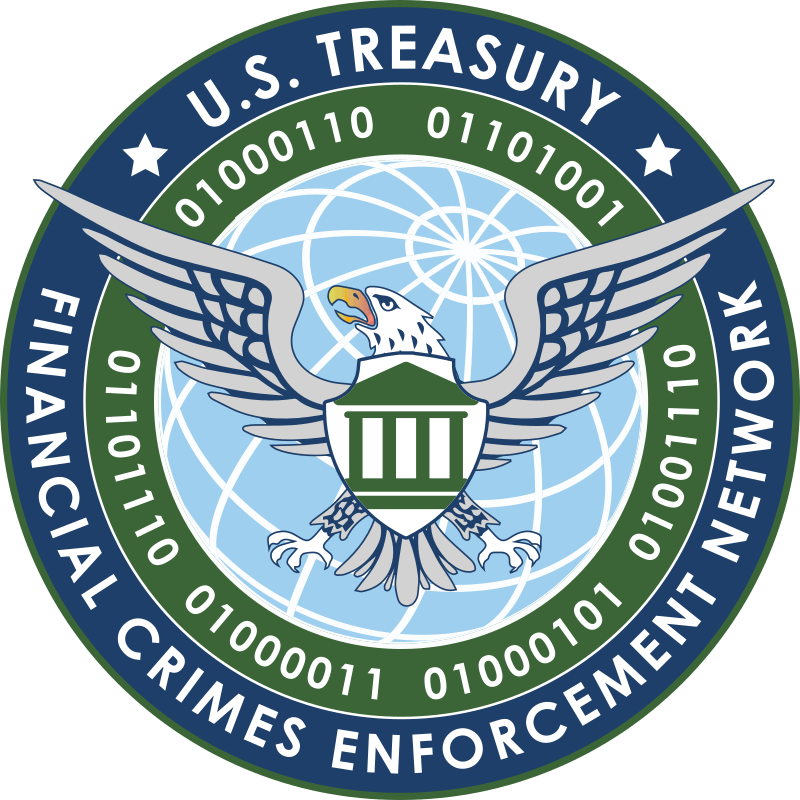
Crypto license Lithuania
Lithuania’s crypto license, officially known as the Virtual Asset Service Provider (VASP) license, is a legal framework that allows companies to operate cryptocurrency-related businesses in the country. The license covers a range of activities, including the exchange of cryptocurrencies, custody services, and initial coin offerings (ICOs). The VASP license has become popular among crypto businesses due to its clear and straightforward regulatory requirements, making it easier for companies to comply with the regulations. Furthermore, the license is recognized across the European Union, making it a great option for companies looking to expand their operations within the EU.
Benefits of obtaining a crypto license in Lithuania

Obtaining in Lithuania crypto license can offer several benefits to businesses operating in the cryptocurrency industry. One of the main benefits is that it provides a level of credibility and legitimacy, which can help to attract customers and investors.

Additionally, having a crypto license can make it easier for businesses to access banking services, as many banks require companies to have a license before they will open an account.

The license can also help businesses to expand their operations into other European Union countries, as it allows them to provide services to customers in those countries. Finally, the license requires companies to adhere to strict security standards, which helps to protect customer funds and promote a more secure cryptocurrency industry.

Key point of a crypto license in Lithuania
Obtaining a crypto license in Lithuania can offer significant benefits to businesses operating in the cryptocurrency industry. It provides a level of credibility and legitimacy, as well as access to banking services and the ability to expand into other European Union countries. Additionally, the license requires companies to adhere to strict security standards, which helps to promote a more secure and reliable cryptocurrency industry.

Support

Flexible
As the cryptocurrency industry continues to grow, governments worldwide are looking for ways to regulate it. Lithuania’s crypto license provides a clear regulatory framework for businesses operating in the cryptocurrency industry. Its attractive features, such as legal certainty, regulatory clarity, and affordability, make it a great option for businesses looking to expand their operations within the EU.
164
+
obtained license
7
+
Year Experience
25
+
Winning Awards
62
+
Satified company
Requirements for crypto licensing in Lithuania

Essentially, these are the hoops you’ll need to jump through in order to legally buy and sell cryptocurrency. Some of the things you’ll need to consider include obtaining the right kind of license for your particular business or activity, complying with anti-money laundering regulations, providing documentation and background checks, and having a solid plan for how you’ll handle and protect your customers’ funds.
It might seem like a lot to keep track of, but these requirements are in place to ensure the safety and legitimacy of the cryptocurrency industry as a whole. So, if you’re serious about getting into this game, plan to put in some time and effort to meet those crypto licensing requirements. Corporations that operate in the bitcoin market must go through verification and authentication, as well as collect consumer data.


The implementation of internal control processes is required. A police officer ought to be assigned to ensure compliance with the policy on fighting legalization – products of crimes (AML Policy). It is obligatory to submit a complaint to the Lithuanian authority (Financial Crime Investigation Service).
